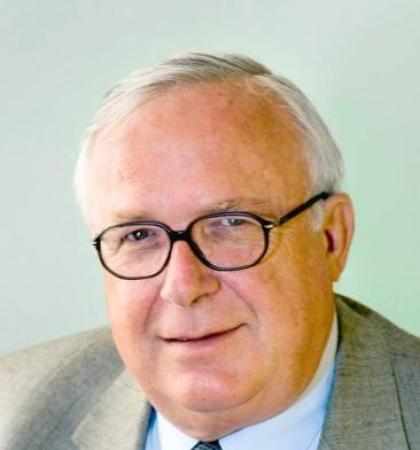
Our laboratory is principally interested in 1) defining the neural bases of learning, recognition and memory; 2) defining mechanisms underlying the origins of functional brain illnesses and disabilities; and 3) developing training strategies for remediating learning-disabled and movement-disabled adults and children.
Cortical plasticity studies are conducted within somatosensory, auditory, and motor forebrain systems in rodent, primate and human models. Electrophysiological studies employ the derivation of highly detailed microelectrode neuron response maps in sensory cortical areas and subcortical nuclei, and detailed microstimulation maps in motor cortex. Acute and chronic quantitative single and multiple-unit recording experiments are conducted. Many studies are undertaken in behaviorally trained animals. Human learning experiments are conducted using psychophysical procedures and magnetoencephalographic (MSI) and functional magnetic resonance (fMRI) imaging). Pragmatic human studies involve computer engineering and AV development, as well as electrophysiological and psychophysical experiments conducted in patient models.
Cortical representations have been shown to be substantially functionally remodeled following new behavioral experiences or training in animal models in which limited sectors of the sensory epithelium and/or specific movements are differentially engaged in new behavioral tasks. Studies of this "representational plasticity" in the adult nervous system have revealed many facets of the self-organizing processes of the brain that account for the progressive differentiation of behavior in child development, and that account for adult learning. In current experiments: 1) We are relating specific experience-driven changes in neuronal responses in the cortex to behaviorally measured gains in skills acquired with practice in the same animal(s). 2) We are constructing computational models of the dynamic, self-organizing cortical machinery. 3) We are studying developmental plasticity in the auditory system relevant to understanding the development of fundamental human capacities. 4) We are modelling the contributions of learning to the genesis of learning disabilities, and to the emergence of occupationally-induced movement disabilities and pain syndromes. 5) We are studying some practical implications of cortical representational plasticity mechanisms for designing remedial therapies for brain injury patients, and for learning-disabled and movement-disabled human populations.
Cortical plasticity studies are conducted within somatosensory, auditory, and motor forebrain systems in rodent, primate and human models. Electrophysiological studies employ the derivation of highly detailed microelectrode neuron response maps in sensory cortical areas and subcortical nuclei, and detailed microstimulation maps in motor cortex. Acute and chronic quantitative single and multiple-unit recording experiments are conducted. Many studies are undertaken in behaviorally trained animals. Human learning experiments are conducted using psychophysical procedures and magnetoencephalographic (MSI) and functional magnetic resonance (fMRI) imaging). Pragmatic human studies involve computer engineering and AV development, as well as electrophysiological and psychophysical experiments conducted in patient models.
Cortical representations have been shown to be substantially functionally remodeled following new behavioral experiences or training in animal models in which limited sectors of the sensory epithelium and/or specific movements are differentially engaged in new behavioral tasks. Studies of this "representational plasticity" in the adult nervous system have revealed many facets of the self-organizing processes of the brain that account for the progressive differentiation of behavior in child development, and that account for adult learning. In current experiments: 1) We are relating specific experience-driven changes in neuronal responses in the cortex to behaviorally measured gains in skills acquired with practice in the same animal(s). 2) We are constructing computational models of the dynamic, self-organizing cortical machinery. 3) We are studying developmental plasticity in the auditory system relevant to understanding the development of fundamental human capacities. 4) We are modelling the contributions of learning to the genesis of learning disabilities, and to the emergence of occupationally-induced movement disabilities and pain syndromes. 5) We are studying some practical implications of cortical representational plasticity mechanisms for designing remedial therapies for brain injury patients, and for learning-disabled and movement-disabled human populations.
